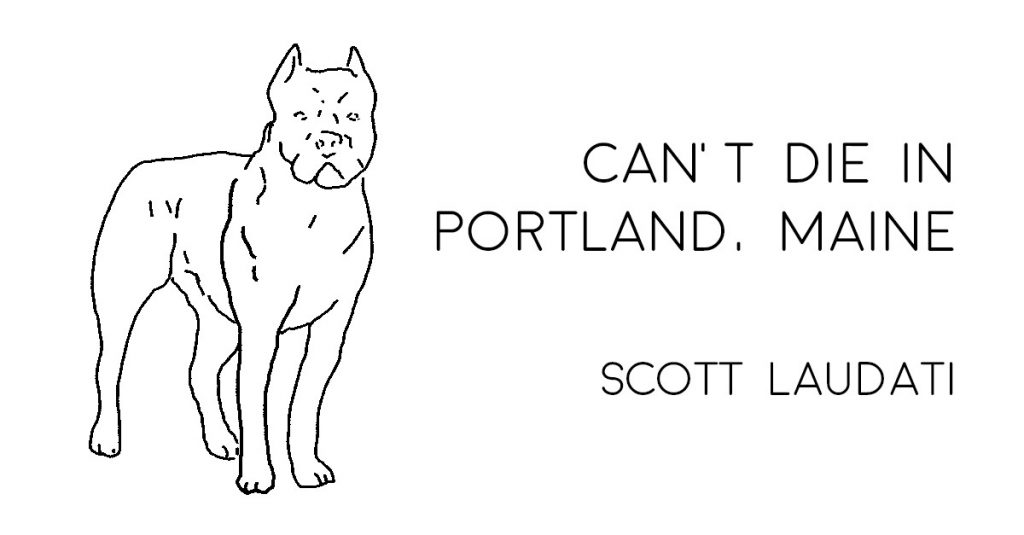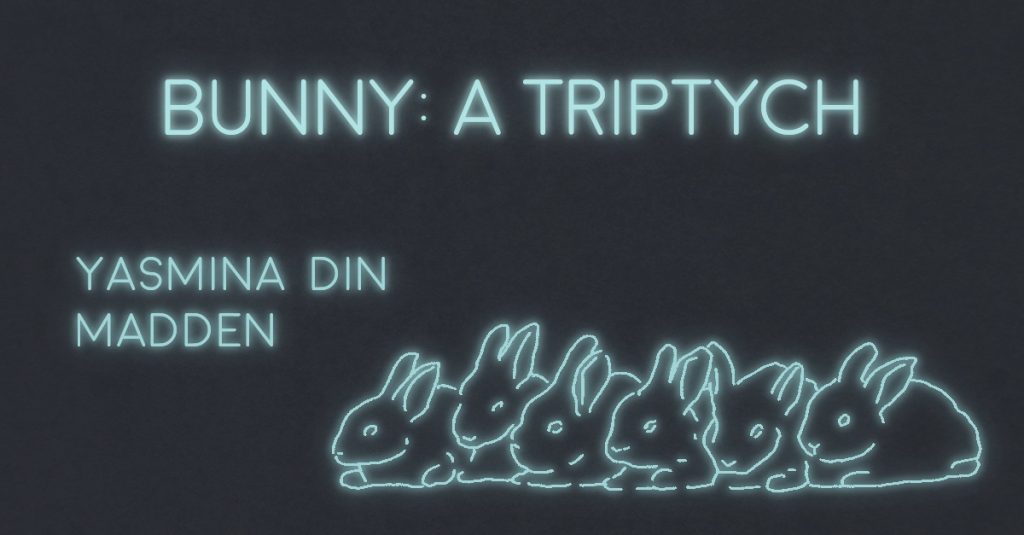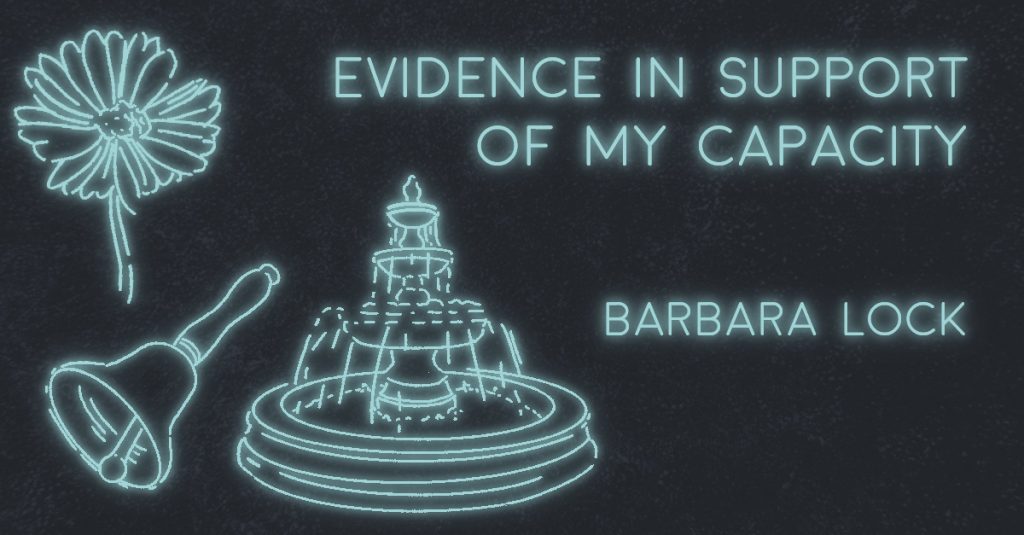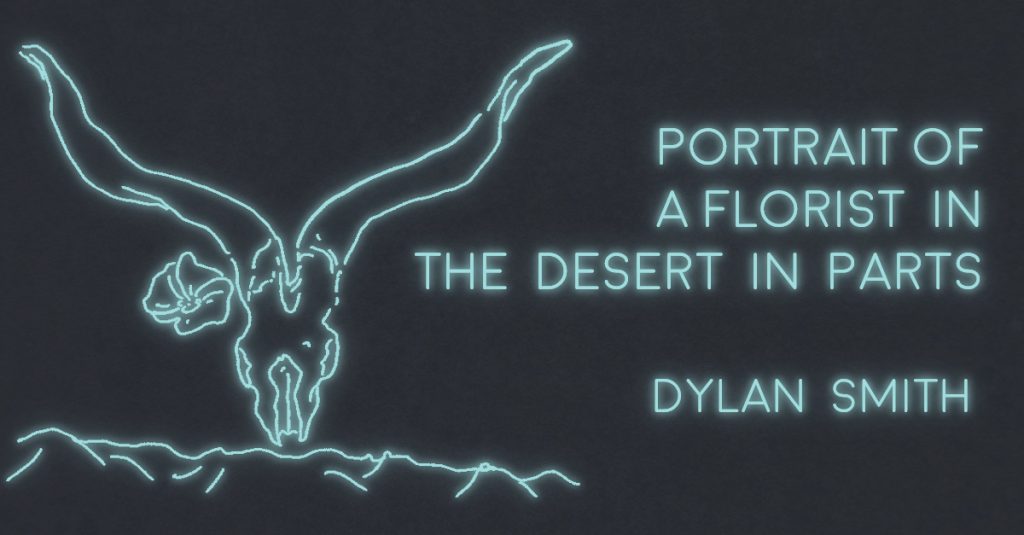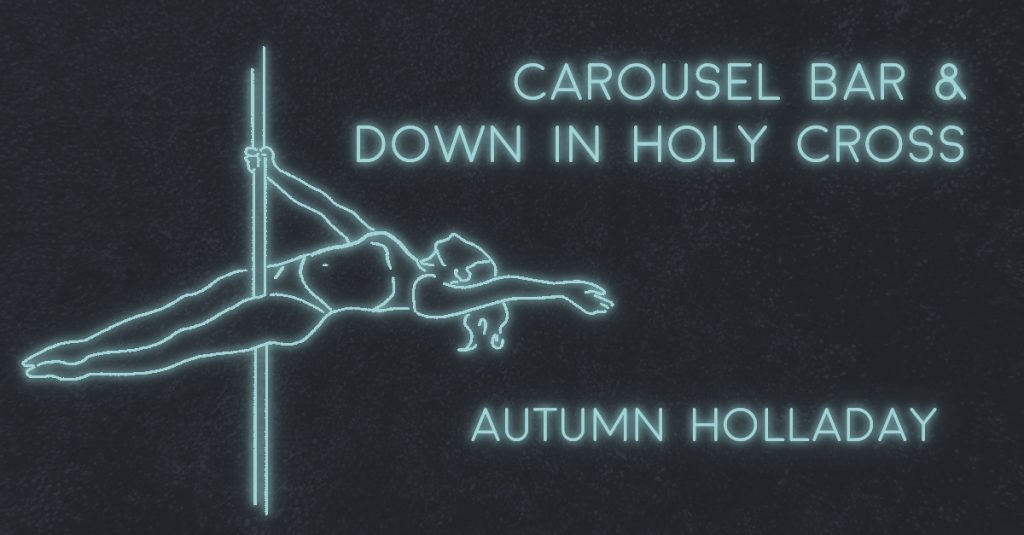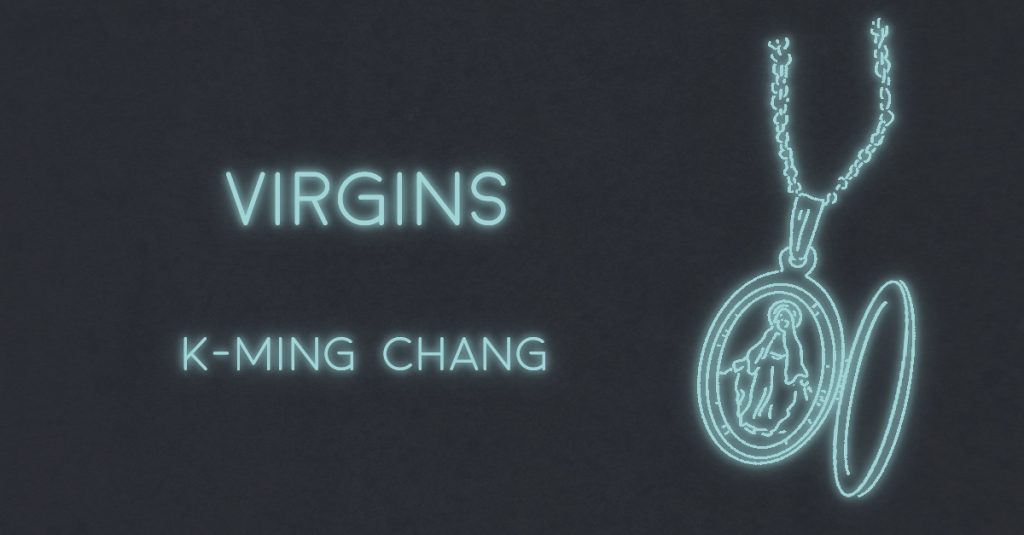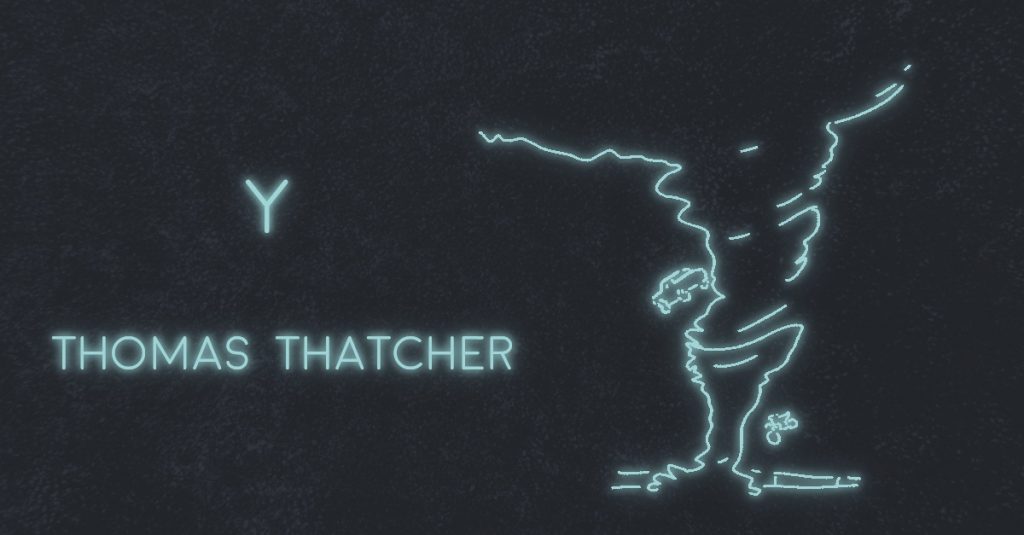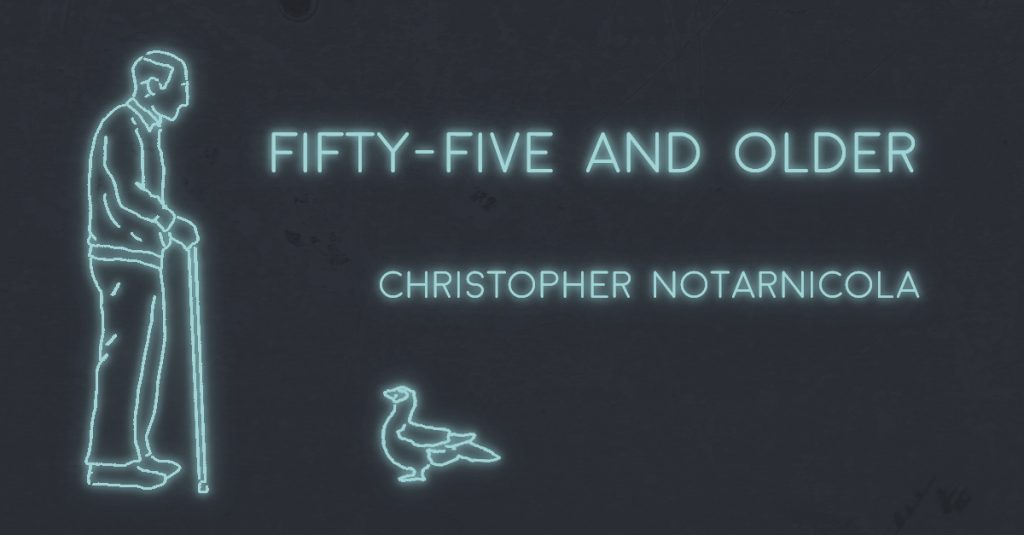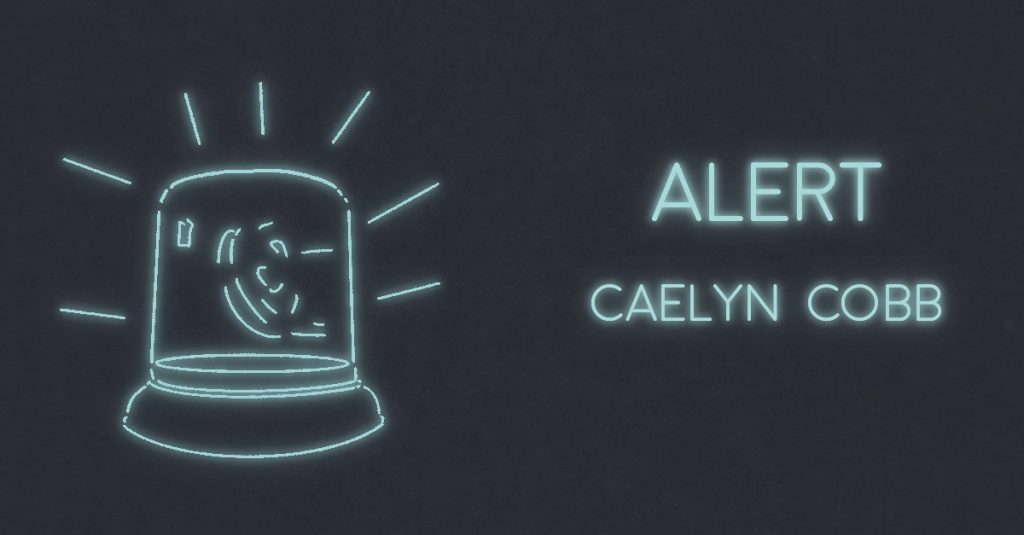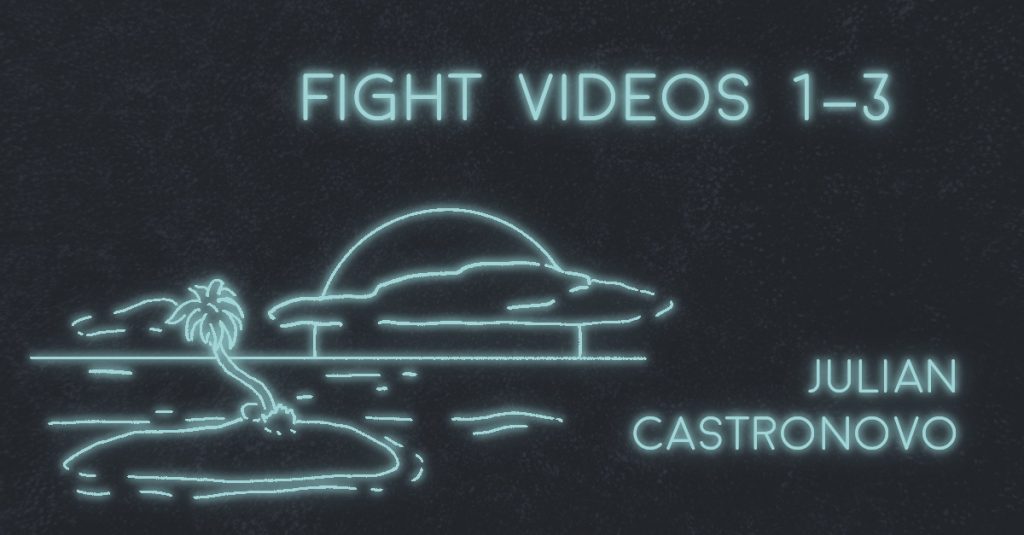
FIGHT VIDEOS 1-3 by Julian Castronovo
I.
The babysitter Bunny put me in the basement and locked the door. It was an old basement, a cellar. There was a torn up floral sofa and a boiler and a window that looked out at the bottom of a hole. The hole was maybe four feet deep and was lined with pieces of wood that kept it from collapsing into itself. I walked over and looked up through it. The sky was dark yellow. I went and sat on the sofa and watched videos of fat people slapping each other hard in the face. Then I heard a loud car pull into the driveway. Bunny went to the front door and opened it for someone, a boy. They talked and laughed and moved around the house for a while. Then there was a thump directly above my head and I knew they were doing those things on the kitchen floor. I pictured Bunny on her back with her legs up by her head. I got on the floor and tried to lay in the same position perfectly beneath her. I listened to her breathing hard and whimpering. Outside a tornado siren started to scream but I felt safe and cold. I imagined the dark storm twisting across the plain and pulling the house from the foundation and ripping it into a million pieces. I imagined Bunny helicoptering limp and in blue panties through the sky and landing in a field three miles away. And once it was quiet I would climb the stairs and step cautiously out and walk through the wet rubble like an orphan. But then I imagined a different scenario. I would go up the stairs expecting ruin and waste but the door would open into a house I had never seen before, one belonging to some other people, some different family. The house would be perfectly intact, perfectly still and undisturbed. Maybe it has a beautiful smell, maybe it has a robot vacuum disc charging itself in a corner. But it doesn’t really matter if the strange house is nice or clean or fancy. It only matters that it isn’t mine.
II.
The first thing in the world was sadness.
For a long time it was the only thing. There was no division or firmament or earth and sky and so there was just sadness in all directions like a sea. Eventually, however, from it there rose little islands. They were covered in nice soft moss and there were animals upon them. The animals were stupid animals and they did not feel sadness. Instead they roamed around eating fruit and sleeping beneath the new sun you put there for them. The animals lived and multiplied and died many times over. But, in due course, there were certain among them born especially pale and grotesque. Such was the beginning of mankind. Each person emerged into this world weeping and weeping too was how they left it. They built houses from mud and straw and inside those houses they would sit in the twisting candlelight and whisper sadly of how the world seemed to grow larger with each day.
After many years, however, people grew ignorant of sadness. They invented love and war and fun little games. They became vapid and cruel and the entire course of human history proceeded thenceforth. Still there were, of course, occasionally individuals to whom the new diagrams of living seemed senseless and disturbing. Such unfortunate souls were regarded with pity and disgust and sometimes too they were beat to death with sticks for entertainment. But that was long ago. The events and happenings have since occurred at their somewhat irregular but expected rate. There were civilizations and great pieces of art; there were mysterious inventions and moments of strange coincidence; there were grand celebrations and those who danced high upon the crumbling parapets. And though there seemed at times a progression or “pattern” to these things, it is, we know, incorrect to assume them bound by any such logic. If one were to propose a picture in the non-abstract, say, of the general course of history, perhaps a more accurate view would be that of a child distractedly tying small loops and bows in a string. By this we mean to suggest only that things happen not because they must but simply because can, because they give one something to do, and that in this absence of some masterful “plan” perhaps what matters is simply that for each of us there is someone who, accidental and divine, ties us in knots.
For instance, once there was a girl who very much resembled you, Aiko, because she was long and slender and shiny like a wet dog. One day she was walking down Orchard street with a silk ribbon in her hair. The air was warm and the girl was texting lots of people with a sense of pleasant indifference. A boy, ugly and violently in love, walked along with her. Or, rather, he was walking slightly behind her, following with his eyes as the ribbon ahead disappeared and emerged like a delicate little lure in a river of heads.
Did the distance between them grow? Yes, see it now, ever widening. The boy began to feel a small sense of amorous panic because of this and he considered walking more quickly. The girl appeared not to notice the gap and indeed she seemed to have forgotten him altogether. As he continued to watch her move away he was struck by the sensation that everything around him had begun to rearrange itself as to better speak her absence. Had she, he was thus led to wonder, created the world like this especially for him? Indeed it was she who had created it. That much was clear. Who else, after all, could’ve made the islands rise as they did, could’ve made the candlelight dance so upon the sepulcher walls, could’ve made the angels whisper as they do? And if not for him then for whom? Yes, in his tiny pattering heart the boy knew it was he, sole beneficiary of this vast and unbroken field of sadness. And despite brief time he had shared in her company, he knew that it would be wrong or profane, even, to try to further collapse the distance between himself and his creator. All of this was making the boy feel hungover and alone and sort of floaty. Then he stopped walking and threw up a little blood in a patch of dirt and nobody stopped to look.
III.
There once was a totally unremarkable man who walked in the woods and with a stream of his piss bore a deep hole in a bank of snow. He thought about how some animal like a deer might come lick it up for salt and he felt sort of useful and happy. Then he zipped up his pants continued along a path until it became lost in a stand of spindly trees. The world seemed to him prematurely dark and his fingers were cold. He turned around, began to follow his tracks toward his car. His bootprints had been half-buried in new snow and so they were small and shallow, as if they’d been made by the feet of a child. The man was therefore struck by the impression that over his brief journey some important change had occurred in his being or that he was slightly older than he had been when, for example, he peed, which he was. He came out of the woods and crossed the parking area. He opened his car door, watched this action unfold in slow-motion from a displaced viewpoint that seemed to be “hovering slightly” above his head. Sitting in the driver’s seat, he turned on the heat and made and unmade his hands into fists. He looked at his phone. The phone showed its lock screen. The man fogged the glass with his breath and rubbed it with his sleeve. He tried to approximate his face with his face. This proved eventually successful, the phone opened with a cute clicky sound and immediately it displayed a picture of a young woman with really huge perky tits. The man blinked at the photo like a stupid idiot for several seconds and then remembered that he’d been looking at it when he’d last used his phone. He thumbed away from it and then he read a text from Mary Catherine, who he’d assumed to be napping but was evidently awake and wondering where he’d gone. He was on his way home, he wrote back, and, as he began to travel at what he felt to be a “furious” pace, the totally unremarkable man experienced a rush of clarity in anticipation of being near to her. Sure, there remained some sense of terror or horrible unease folded in him, but he knew, as sometimes one does, how the simple proximity of the person he loved would keep it balanced and tight, like, say, a little piece of origami.

